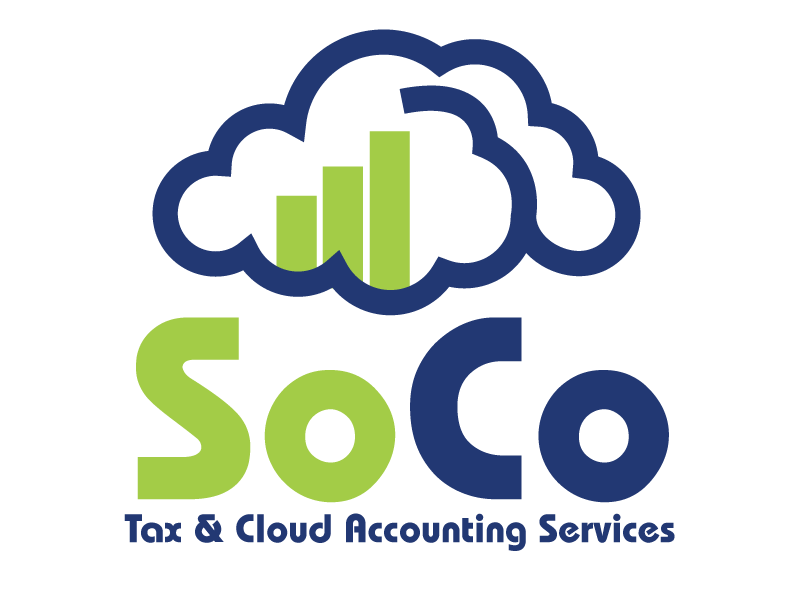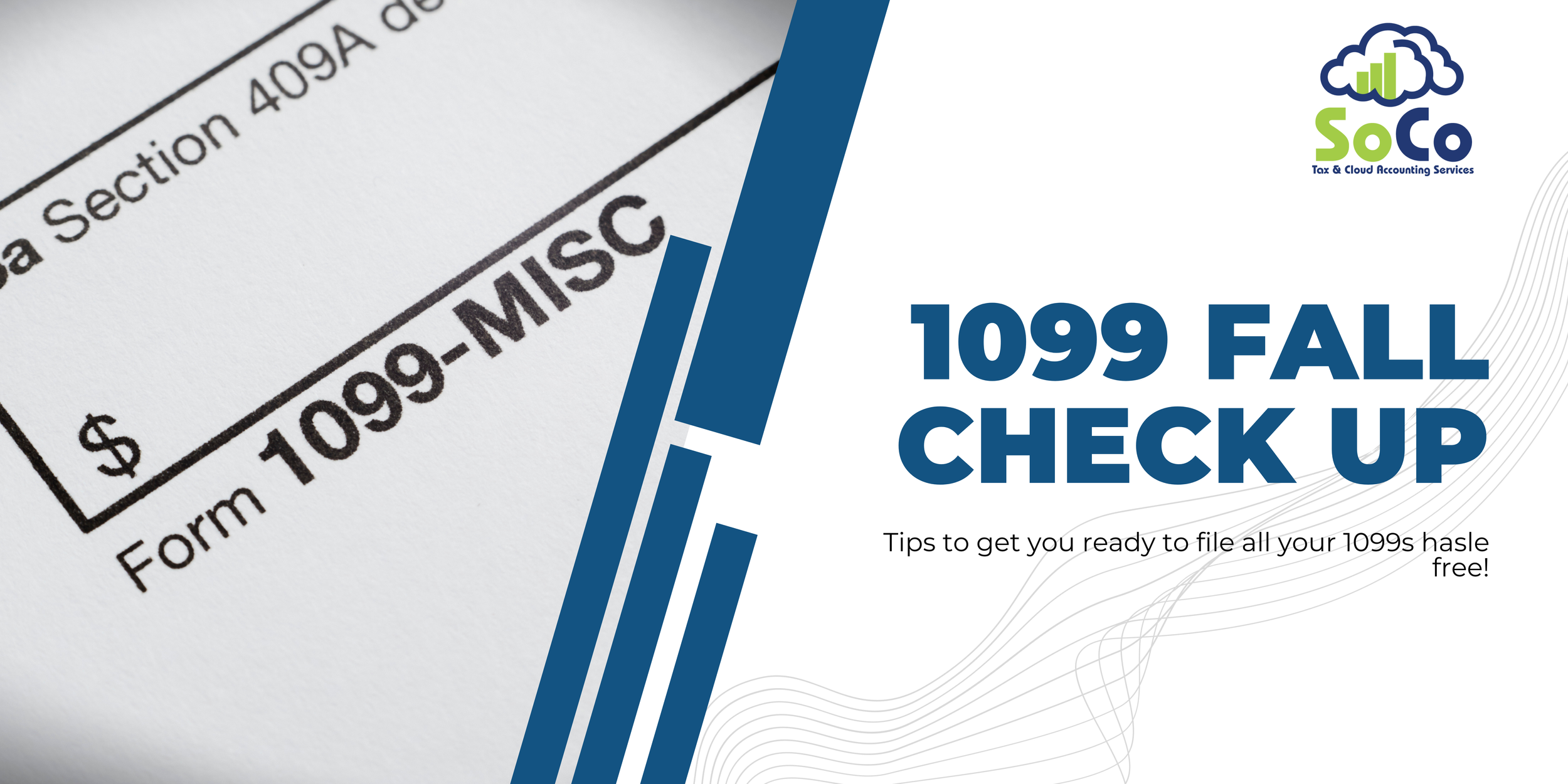1099 Fall Checkup
Year-End Preparations: A Comprehensive Guide to Issuing IRS 1099s
As a business owner or a financial manager, year-end preparations are often filled with various tasks to ensure your company's financial compliance and smooth operations. One crucial aspect of year-end preparations is the issuance of IRS 1099 forms. These forms are essential for reporting various types of income, such as payments to contractors, freelancers, or vendors. In this article, we'll guide you through preparing for year-end 1099s, helping you stay compliant with tax regulations and keep your financial records in order.
The first step in preparing 1099s is to gather all the necessary information. You need to identify the individuals or entities to whom you've made payments during the year that may require 1099 reporting. Common types of payments that necessitate 1099s include:
Payments to independent contractors and freelancers for services provided.
Rent payments to landlords.
Interest payments.
Dividend payments.
Any other miscellaneous income payments exceeding $600 during the tax year.
Ensure you have accurate and up-to-date contact information for each recipient, including their legal name, address, and taxpayer identification number (TIN) or Social Security Number (SSN). Request the email address to allow for electronic delivery and confirmation of distribution to the recipient.
Verify Vendor Information
It's crucial to verify the TIN or SSN provided by each vendor. The IRS provides Form W-9 for vendors to fill out, which includes their legal name, TIN or SSN, and other relevant information. Keep a record of the completed W-9 forms for each vendor and make sure they are accurate and current. This will help you avoid penalties for filing incorrect information on the 1099s. If you are in doubt, request an updated W-9.
What Payments Trigger a 1099?
1099-NEC
Payments made as part of your trade or business, including the following for each person to whom you have paid at least $600 for the following during the year:
Services performed by someone who is not your employee (including parts and materials)
Cash payments for fish (or other aquatic life) you purchase from anyone engaged in the trade or business of catching fish
Payments to attorneys (including law firms or other providers of legal services)
You must also file Form 1099-NEC for each person from whom you withheld any federal income tax (Box 4) under the backup withholding rules, regardless of the payment amount. 1099-NEC: For reporting non-employee compensation (replaces box 7 of the old 1099-MISC).
1099-MISC
Payments made as part of your trade or business during the year for the following:
Rents (Box 1)
Royalties (Box 2)
Other income (Box 3), including prizes and awards
Federal income tax withheld (Box 4), including backup withholding
Fishing boat proceeds (Box 5)
Medical and health care services (Box 6)
Substitute payments in lieu of dividends or interest (Box 8)
Crop insurance proceeds (Box 9)
Gross proceeds paid to an attorney, for example, in a settlement agreement (Box 10, but payments to attorneys for services are reported on Form 1099-NEC)
Fish purchased for resale (Box 11)
Section 409A deferrals (Box 12)
Excess golden parachute payments (Box 13)
Nonqualified deferred compensation (Box 14)
Electronic Delivery
SoCo electronically delivers 1099s to recipients. This is a safe and secure method of delivery that requires the recipient to verify receipt of the 1099. Electronic delivery is considered an acceptable method of distribution. It also reduces the risk of missing items in the mail and delays.
Electronic Filing
SoCo electronically files the completed 1099s with the IRS, eliminating the need for completing the red cover page and mailing it to the agency. An electronic filing can be amended with additional filings after the due date. Some states are requiring electronic reporting of 1099 filings that are separate from the IRS filing. We manage the filing to ensure compliance.
Distribute 1099 Forms
Provide copies of the completed 1099 forms to the recipient. The deadline for distributing 1099s to recipients is typically January 31st, and the deadline for filing with the IRS is usually February 28th (or March 31st if filing electronically). We recommend obtaining a confirmation from a 1099 recipient when handing the 1099s out in person.
Save a Copy of the 1099 Forms
Save a copy of the 1099s and cover page (IRS Form 1096). SoCo will save a copy of these filings in your secure portal for downloading. We recommend keeping a digital copy for seven years in your records. Any 1099s issued as part of capital improvements or depreciable assets should be kept until three years after the asset's disposition.
A little work before the year-end will make your 1099 filing process less stressful and show your vendors that you are organized. 1099 filings are a requirement with penalties assessed for late submissions or disregarded filings. This is also a great time to update your vendor records with current email addresses, telephone, mailing addresses, and point of contact information.

